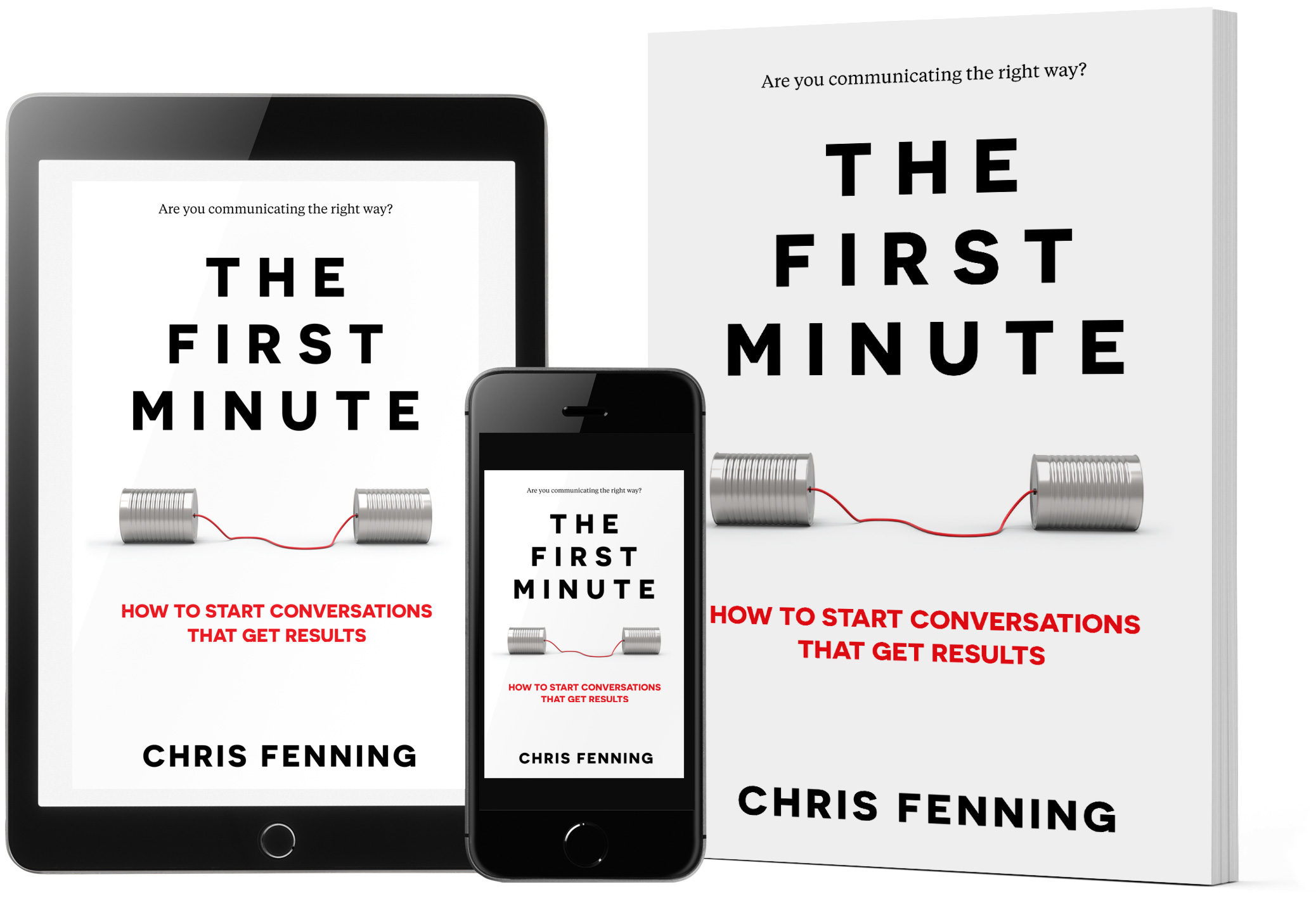I am a liar. I lie to myself and I lie to other people. It is probably best to confess that I am also a thief. The thing is, I don’t mean to. It sometimes happens without me even noticing. And I’m willing to bet that you lie and steal too.
What lie am I talking about? And what is this thing that we steal? I’m talking about time.
We are all liars and thieves when it comes to asking for someone’s time
Now before you start throwing things at me for making accusations, answer this one question: Have you ever asked someone for a minute? I bet the answer is yes.
‘Do you have a minute?’ is a common way to start impromptu and unplanned conversations. But, how often does the conversation take one minute? Not often is my guess.
It takes most of us longer than a minute to get to the point. Then, once we have someone’s attention, we tend to launch into our topic and don’t keep track of the time we are taking. Unless we have our own reason to leave the discussion fast, these ‘Do you have a minute?’ conversations tend to continue until we meet our intent for the conversation.
When you add in the time it takes for a reply and a discussion, the requested minute becomes five or ten minutes. This is where we become accidental liars and we steal time from other people.
The unintended consequences of asking for time
Those five words ‘Do you have a minute?’ is one of the most common lies we tell at work. And the thing is, they are giving us a terrible reputation. Sure, on the scale of things to lie about this is right down at the bottom. It isn’t a big lie at all. It’s in the same category as saying ‘I’m fine’ when really you are having a tough day. These types of lies don’t even register as lies.
But, when we ask people for a minute, we are making a promise for how much time we want. Not only that, we are setting a target for ourselves that we almost never meet.
What does that show people about us? Does it show them that we cannot manage our time? That we don’t have respect for other people’s time? Perhaps, on some level, it may even sow seeds of doubt about our ability to perform at work. If we can’t meet our own, self-imposed deadlines, are we capable of meeting the bigger deadlines of our jobs?
This may seem a bit of a stretch. And I agree, that asking for a minute then taking ten doesn’t have much of an impact — if it happens once. But over time, repeated conversations started in this way, build a picture in people’s minds.
Don’t ask for a minute when you need ten
The good news is there is a solution — and as with most simple problems, the solution is simple too. Follow this two-step process and you will avoid the ‘Do you have a minute?’ problem forever.
Before I get to the method, know that there are some occasions where it is OK to ask for a minute. If your topic can be asked and answered within one minute, the phrase ‘Do you have a minute?’ is fine. Keep using it, you’re all good. It is far more likely that you need at least a minute to describe the topic. When you add on the time to get a response, you need to ask for more than a minute.
Step 1: Ask for the amount of time you actually need
Instead of asking for a minute, ask for as much time, or more time, than you think it will take to have the conversation. Don’t ask for a minute if you know you’ll need five or ten or ten minutes to cover the topic.
Part of communicating involves managing your audience’s expectations. This includes letting them know the likely duration of the conversation. Don’t tell them something will take less time than you need. If you do, you are setting yourself up to miss a self-imposed deadline. This harms your reputation as a communicator and also as an effective worker. If you can’t meet a timeline you set for yourself, others may doubt your ability to deliver against other deadlines. At the very least, you might irritate your audience because they only had one minute to spare.
Step 2: Get to the point fast
Having set the expectation that you need five, ten, or more minutes, don’t waste the small amount of time you have. You need to get to the point fast.
If you’re not sure how to do that, check out my previous posts about how to start a conversation and how to create a great summary. These will help you to get your message across in less than a minute. If you use these techniques you allow more time for the discussion you need to have.
Conversations need preparation
This process requires you to think about your topic before you talk about it. It doesn’t mean sitting and thinking for half an hour before every conversation. It takes less than a minute to think through your message and identify what you want to achieve. When you know that, you can better estimate how long it might take to get the answer or outcome you are seeking.
Investing one minute to prepare for a conversation is time well spent. Not only will your conversations be shorter and clearer, but you will also stop being a liar and thief.
Learn more with my book
The First Minute

My multiple award-winning book is a step-by-step guide for clear, concise communication in everyday work conversations.
Being concise is not about trying to condense all the information into 60 seconds. It’s about having clear intent, talking about one topic at a time, and focusing on solutions instead of dwelling on problems.
Throughout this book you’ll discover how to:
- Have shorter, better work conversations and meetings
- Get to the point faster without rambling or going off on tangents
- Lead your audience toward the solution you need
- Apply one technique to almost every discussion, email, presentation and interview with great results
